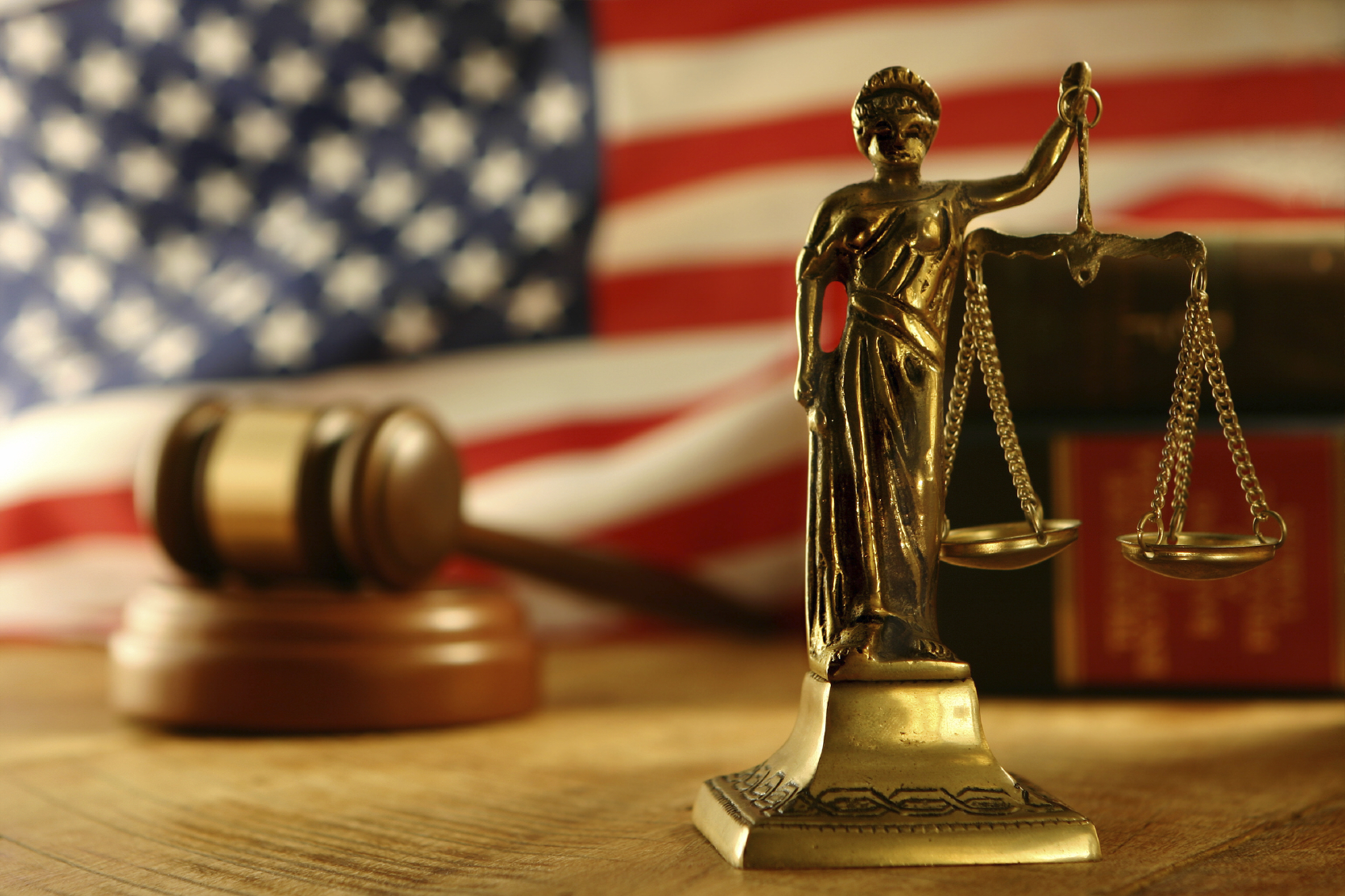The Zionist Organization of America (ZOA) filed an amicus brief with the United States Supreme Court Tuesday, February 28, urging the Court to expand the legal protections for Jewish and other employees who require religious accommodations from their employers. The case, Groff v. DeJoy, is set for argument before the Court on April 18, 2023.
Gerald Groff, an Evangelical Christian employed by the United States Postal Service (USPS), brought suit against USPS under Title VII of the Civil Rights Act, after USPS refused to offer an accommodation that would allow him to observe his Sunday Sabbath. Title VII requires employers to accommodate an employee’s religious beliefs and practices, unless doing so would impose an “undue hardship.” USPS claimed that accommodating Groff would impose an undue hardship.
The lower courts found in favor of USPS, relying on a 1977 Supreme Court case, TWA v. Hardison. In Hardison, the Supreme Court stated that requiring an employer “to bear more than a de minimus cost” to accommodate an employee’s religious needs constitutes undue hardship. On Groff’s petition, the Supreme Court agreed to hear the case.
The ZOA’s amicus brief argues that the de minimus cost standard wrongly gives employers virtually carte blanche to deny a religious accommodation, putting observant Jewish employees (and employees of other religious faiths) in the untenable position of choosing between their jobs and their sacred religious obligations. The standard is not set forth in the text of Title VII, it is contrary to the plain meaning of “undue hardship,” and it is inconsistent with the “undue hardship” standard applied in other federal statutes.
In addition, the ZOA’s brief documents the serious and surging antisemitism in the U.S., including discrimination against Jews in the workplace. The de minimus cost standard of “undue hardship” – which places virtually no burden on employers to accommodate their employees’ religious beliefs and practices – does not help remedy anti-Jewish bigotry in the workplace or remove barriers to equal opportunity for Jews.
ZOA National President Morton A. Klein stated: “The ZOA has a long history of fighting for the rights and interests of the Jewish people, so it was important that we weigh in on this important case, where religious liberty is at stake. Many of our members and supporters are observant Jews who live their lives according to Jewish religious law. They would be violating their sacred religious obligations if they had to work on Saturdays, the Jewish Sabbath. Employers should be required to make more than a trivial showing before they can deny a needed religious accommodation to an employee. The law must give employees sufficient legal protection, so that they’re not put in the position of either discarding their religious observance or losing their jobs.”
Susan B. Tuchman, Esq., director of the ZOA’s Center for Law and Justice, stated: “Before the Court decided to hear the Groff case, there were justices who criticized the de minimus standard that the courts have been applying since the decision in Hardison, because for religious employees, the consequences can be tragic. We hope that the Court will finally abandon the standard and require more from employers before they can refuse to accommodate an employee’s religious needs. No employee should have to sacrifice their sacred religious beliefs and observances to earn a living.”
You can read the ZOA’s amicus brief here.
